Asus Vivobook 15 vs Acer Aspire 5: Two affordable, full-feature laptops go head to head
The Asus Vivobook 15 and Acer Aspire 5 are two excellent affordable laptops with strong all-round features and performance. But which is better?
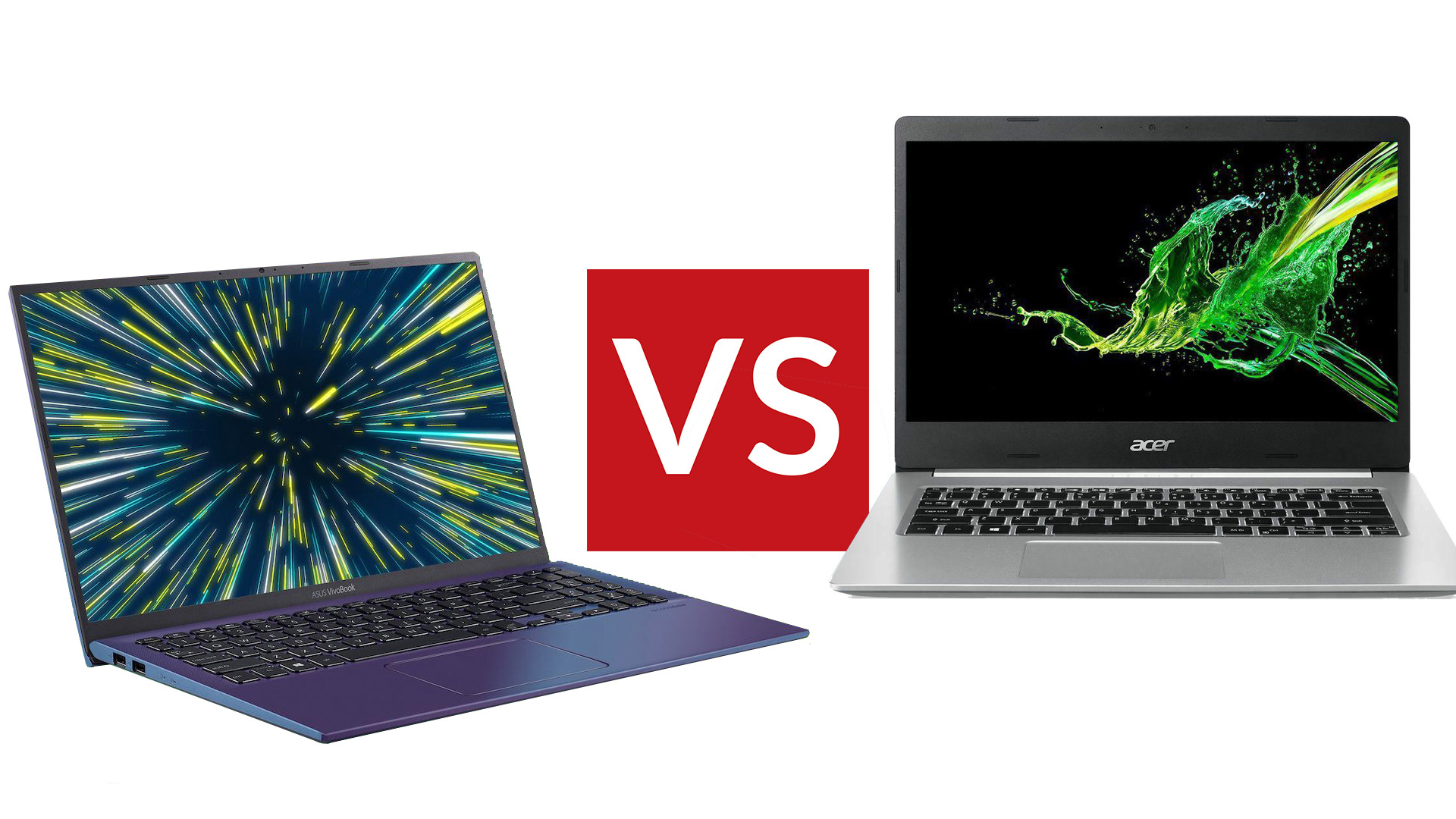
Looks matter. For proof, may we present the Asus Vivobook 15 and Acer Aspire 5, both value-orientated, mid-sized laptops that major on value and a full feature set and are among the best laptops under £500. One of these portables will turn heads for all the right reasons. The other? Not quite so much. (Head to our Acer Aspire 5 review, which covers the A514-52-582Y model, for more on the latter).
Which isn't to say this is a purely style-versus-substance comparison. But at the roughly £500 point which these two laptops operate, some compromises are inevitable. You can have a great looking laptop. You can have a laptop with decent functionality in many regards. But outstanding performance by every metric and looks to die for? You'll simply have to pay more. A lot more.
If you've got a bit more money to spend, though, then as goo as both of these laptops are, you'd be a fool not to consider the best laptops on the market. While if you're happy spending under £500 but fancy a change from Windows as an OS, be sure to scope out the best Chromebooks money can buy right now, too.
That said, both the Asus Vivobook 15 and Acer Aspire 5 tick a lot of import boxes in terms of spec. Either way, you're getting a 1080p FullHD screen measuring at least 14 inches, plus a decent CPU, 8GB and an SSD. These are proper laptops capable of serious work, but they do come with certain compromises. They also make for an intriguing contest between AMD and Intel technology, with the Asus only available with AMD processors, while the Acer can be had with both Intel and AMD chips. Game on.
Asus Vivobook 15 vs Acer Aspire 5: Design and screen
On paper, 88 percent versus 81 percent doesn't sound like a huge difference. In practice, that gap between the Asus Vivobook 15 and Acer Aspire 5 in terms of screen-to-body ratio translates into two very different laptops.
The Asus Vivobook 15, with its slimmer bezels feels comfortably the more modern laptop. By comparison and indeed even in isolation, the Acer Aspire 5 has the air of a laptop teleported in from a decade hither.
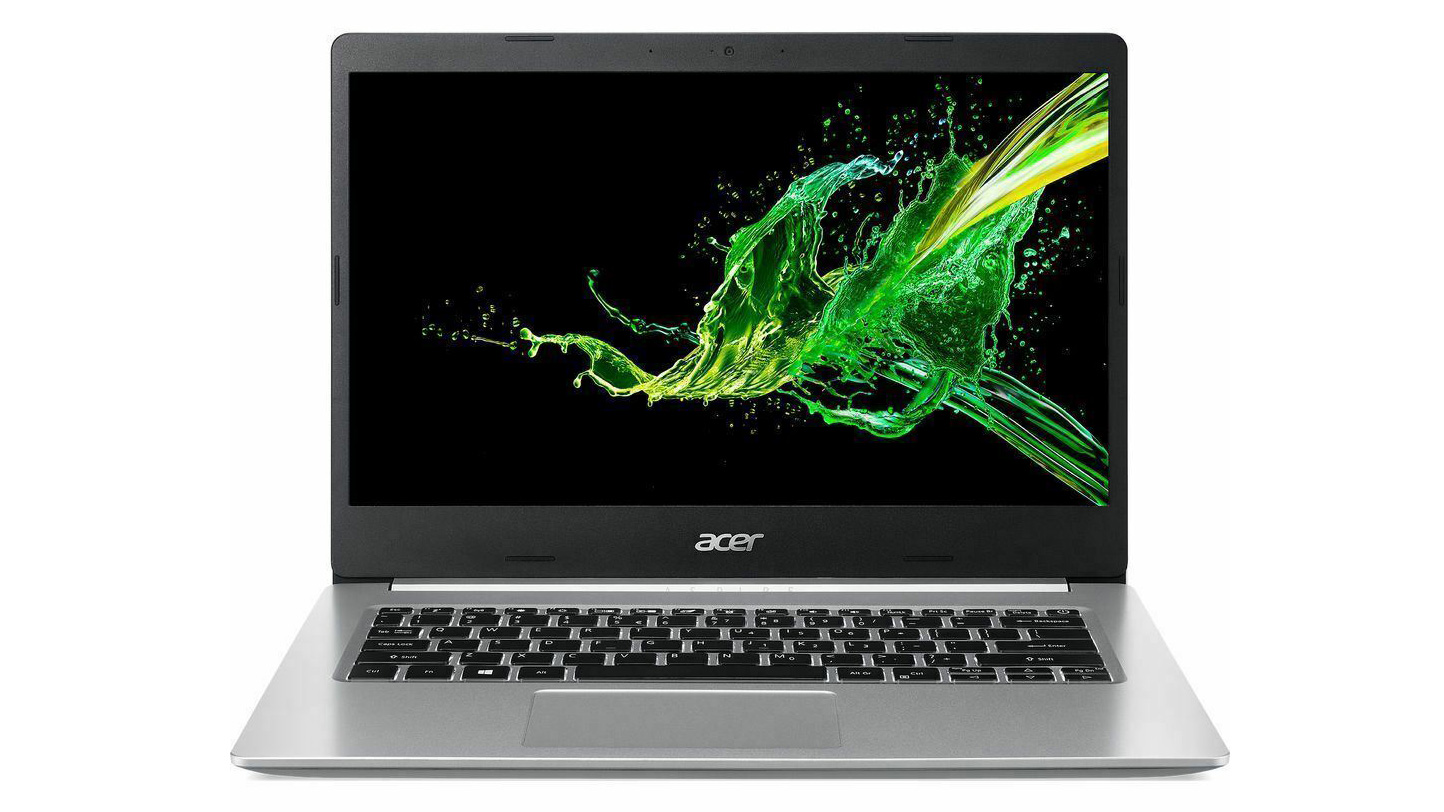
Acer Aspire 5
That's not just a function of bezel width, either. The Asus Vivobook 15 has a more sophisticated looking hinge, which also lifts the rear of the chassis up slightly for more ergonomic typing. The Asus also simply has slicker styling, a larger trackpad and wider keyboard complete with a number pad. However, it's the Acer Aspire 5 that's the slightly slimmer laptop that casts a smaller shadow.
Get all the latest news, reviews, deals and buying guides on gorgeous tech, home and active products from the T3 experts
That's in part because, in this particular case, we're dealing with the 14-inch variant of the Acer Aspire 5, which is also available i n 15-inch format, while the Asus Vivobook 15 is a 15 incher, as its branding implies. Still, the overall proportions are pretty similar. Both offer similarly moderate portability and identical 1.7kg of kerb weight.
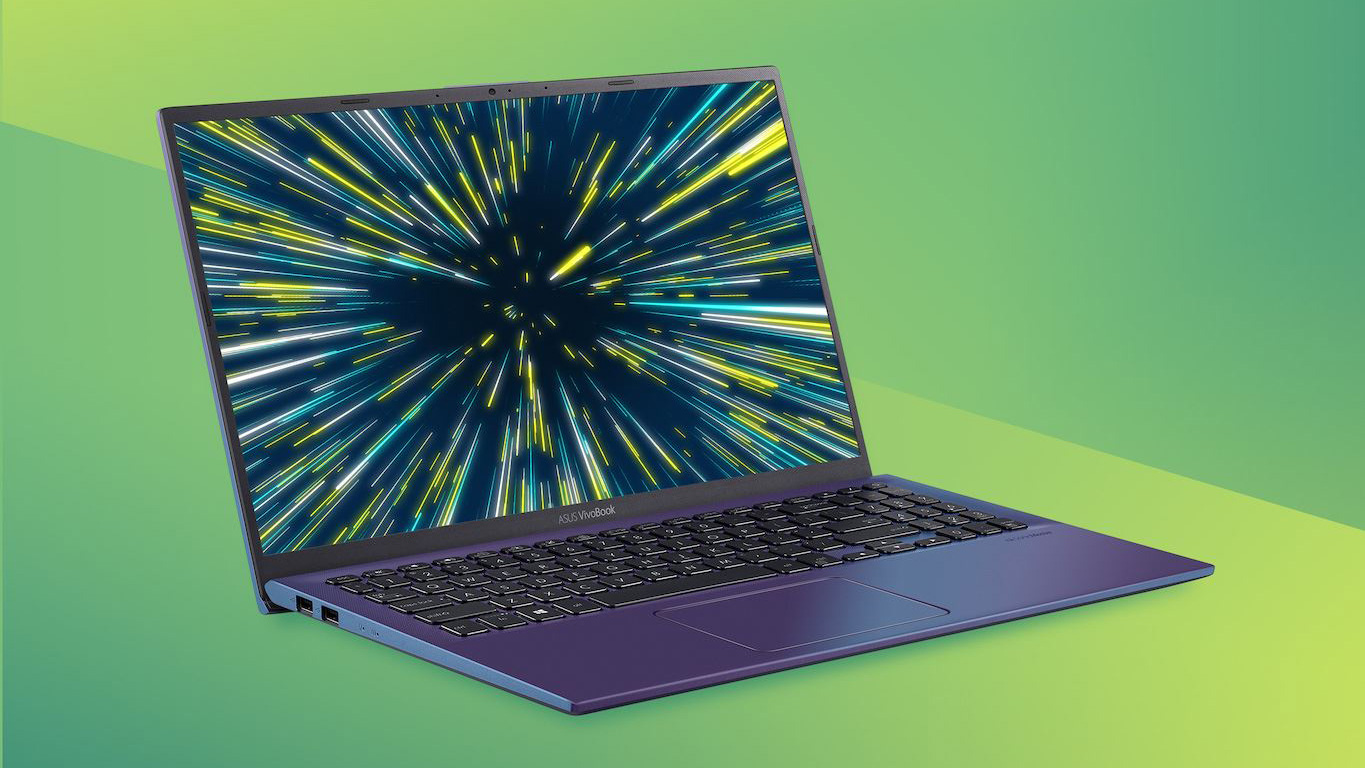
Asus Vivobook 15
Ports-wise, these laptops likewise trade punches pretty closely. Both offer four USB connections of various flavours. The Asus sports one USB-A 3.1 Gen 1, one USB-C 3.1 Gen 1 and two USB-A 2.0 ports, while the Acer slightly trumps that with two USB-A 3.1 Gen 1, one USB-C 3.1 Gen 1 and one USB-A 2.0. Either way, then, you're limited to a maximum of 5Gbps over USB as opposed to up to 10Gbps for the fastest USB 3.1 Gen 2 ports or 40Gbps for Thunderbolt 3. The Acer and Asus each also have an HDMI video interface.
As for networking support, Wi-Fi 5 and Bluetooth 4 is your lot on the Asus, while the Acer offers Wi-Fi 5 and Bluetooth 5. Only the Acer Aspire 5 has a dedicated ethernet port.
- Check out the best lightweight laptops
Asus Vivobook 15 vs Acer Aspire 5: Specs and performance
The Asus Vivobook 15 versus Acer Aspire 5 makes for the classic AMD versus Intel contest. The Asus rocks the AMD Ryzen 5-3500U, while Acer counters with the Core i5-10210U. Both are low-power quad-core CPUs based on AMD and Intel's respective last-gen CPU architectures, but still offer a strong mix of performance for most tasks. Only the likes of really serious video encoding or demanding games are truly beyond these chips. For everything else, they're easily adequate.
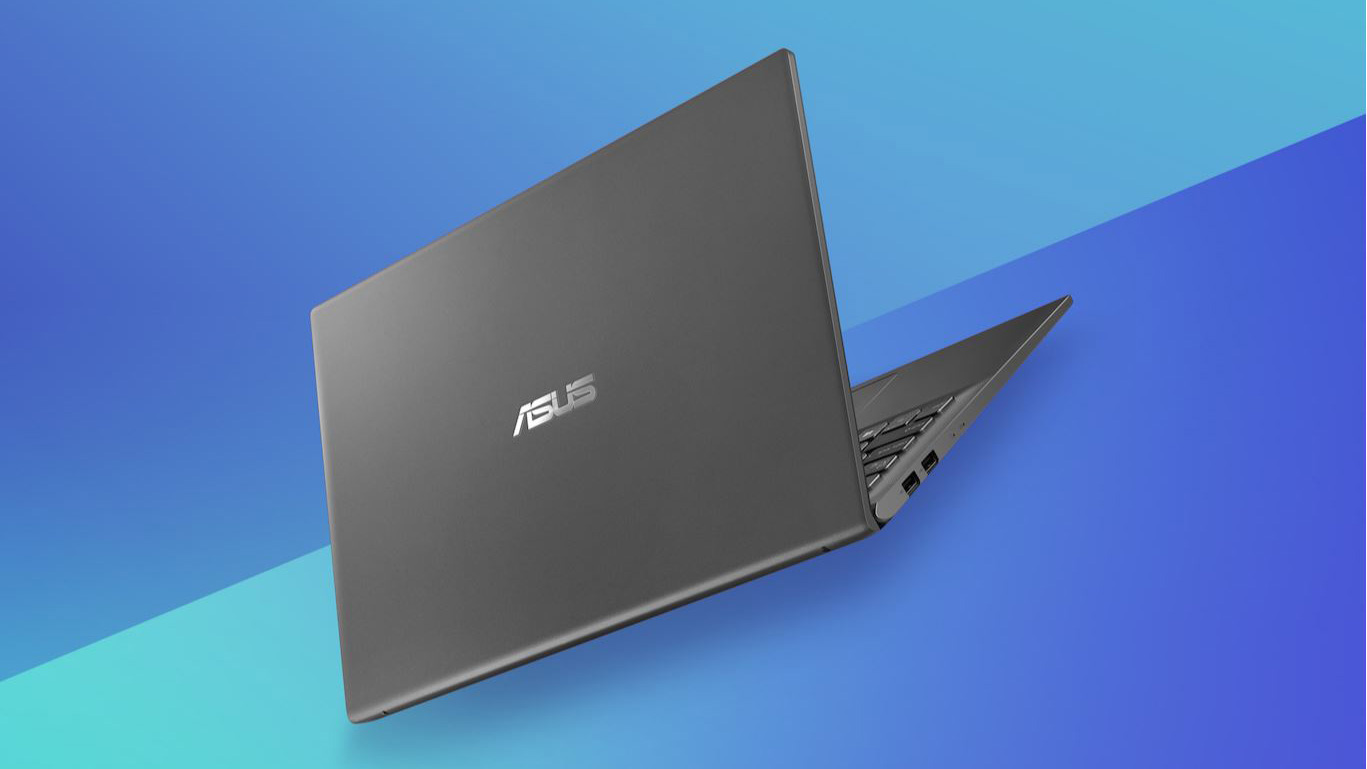
Asus Vivobook 15
Did down into the details and you'll find it's the AMD chip with the higher baseclock, the Intel processor with the greater boost frequency. But for the most part, in pure CPU performance terms it's a case of trading blows. Not quite so when it comes to graphics performance, where the AMD Ryzen chip is comfortably faster even if it still isn't up to the job of proper 3D gaming.
Elsewhere, there's not a great deal in it. Both laptops pack a reasonable 8GB of system memory and pair that 256GB of fast M.2 SSD general storage. As for battery life, the Acer has the larger battery at 49WHr to the Asus 37WHr unit. However, the AMD CPU is typically the more power efficient chip, so overall battery life will be similar. Both claim all-day battery life around 12 hours, but a more realistic expectation is around eight hours general use or 10 hours of video playback with screen brightness reduced.
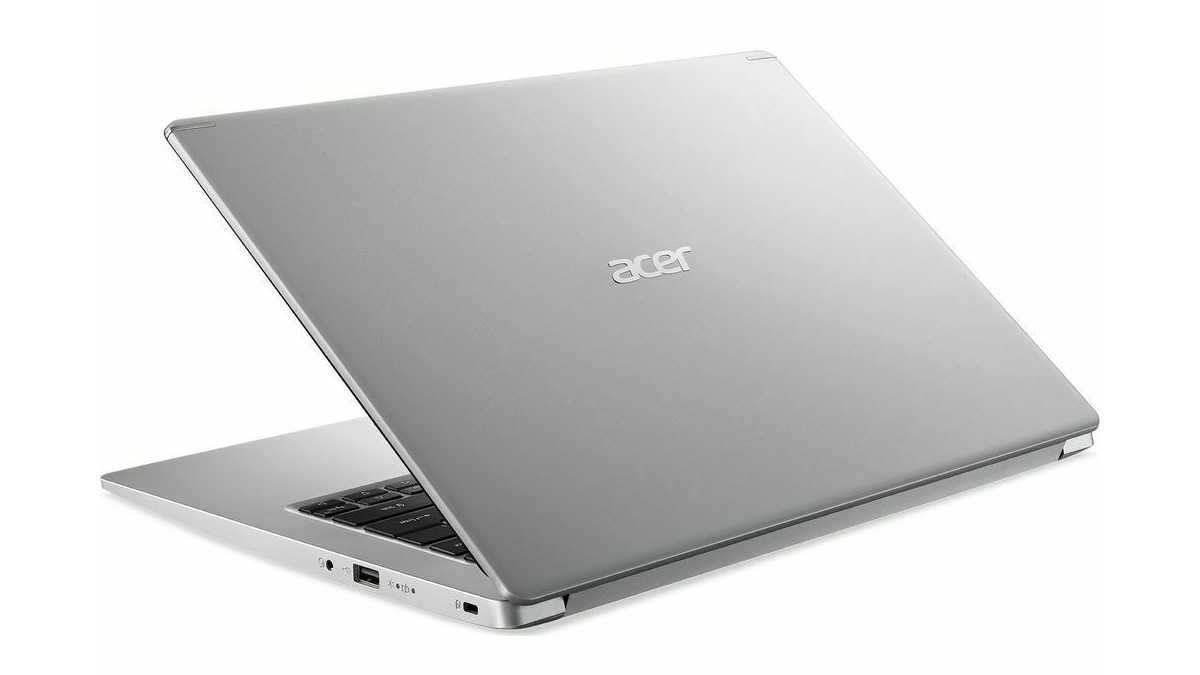
Acer Aspire 5
Asus Vivobook 15 vs Acer Aspire 5: Price and verdict
At current prices, the Asus Vivobook 15 slightly undercuts the Acer Aspire 5. But it's close enough to take each portable on its merits. The Asus wins comfortably for style. Its larger trackpad and full keyboard with number pad, plus larger 15.6-inch screen might swing it for anyone looking for a desktop replacement with decent portability.
That said, the Acer counters with a stronger connectivity courtesy of an extra USB 3.1 spec port and ethernet, plus a larger battery. Overall, we'd lean Asus on the basis of style and a larger screen for daily use. But the Acer has a certain unpretentious appeal, too. The choice is yours.